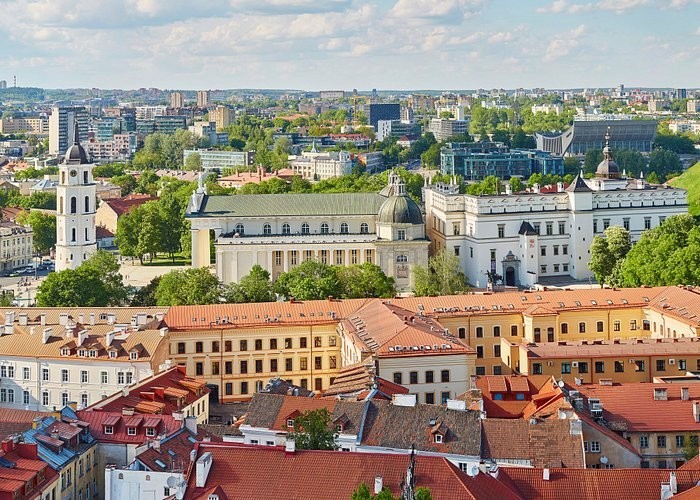
Lithuania, Latvia and Estonia have agreed to significantly restrict the movement of Russian citizens with Schengen visas across their land borders.
This was stated by the head of the Foreign Ministry of Latvia, Edgars Rinkevičs. However, countries have made exceptions for humanitarian reasons, as well as for truck drivers and people entering for family or medical reasons, and diplomats. Decisions will be made by national governments in accordance with national procedures and will enter into force simultaneously in the near future.
The Ministry of Foreign Affairs of Finland stated that they will not restrict the entry of Russians until the relevant EC decision.
Earlier, the EU supported the complete suspension of the agreement on the simplified visa regime for Russians from September 12. According to the European Commission, Russian citizens will face longer and more expensive procedures for obtaining visas to the EU, and it will also become more difficult to obtain multiple-entry visas. However, Russia will provide more convenient conditions for issuing visas to ‘students, journalists, dissidents and representatives of civil society.’ At the same time, EU countries will be able to refuse visas to Russian citizens who may ‘threaten the security of these countries and the EU.’
Since the beginning of the war in Ukraine, some EU countries have stopped issuing visas to Russian citizens: the Czech Republic, Latvia, Lithuania and Estonia joined the restrictions. Denmark and the Netherlands have stopped issuing short-term visas. Finland announced that from September 1, it will reduce the issuance of tourist visas to Russians tenfold. The head of the German Foreign Ministry, Annalena Berbock, suggested suspending the visa facilitation agreement with Russia. She clarified that it is important not to take away the opportunity to leave Russia from those who ‘have the courage to oppose the regime.’ According to her, it can be not only oppositionists and well-known journalists, but also students.’

